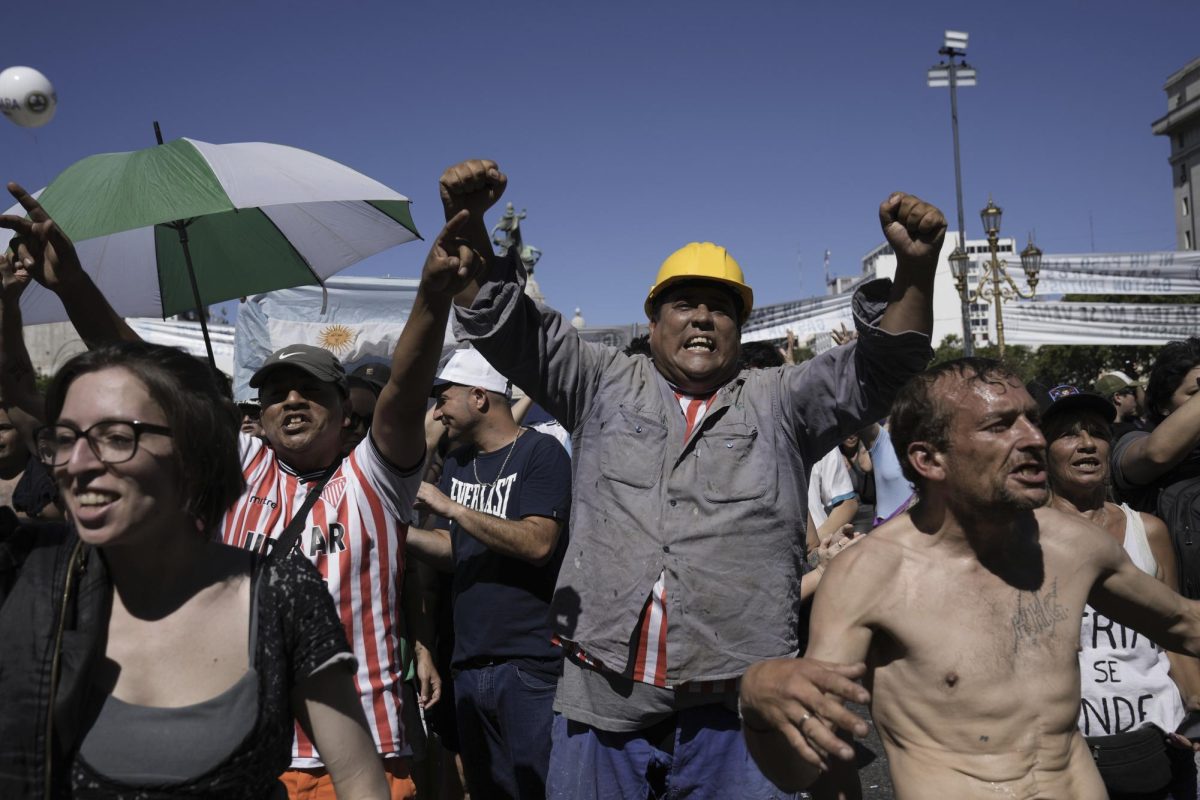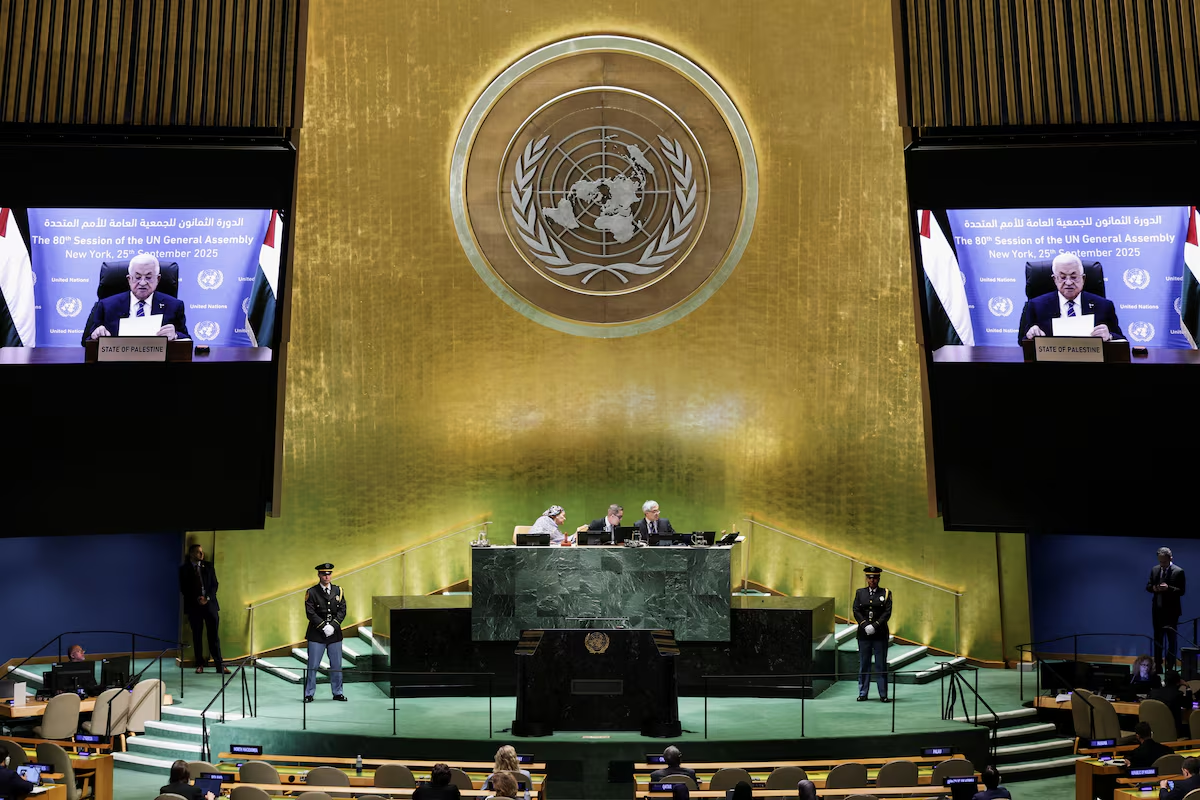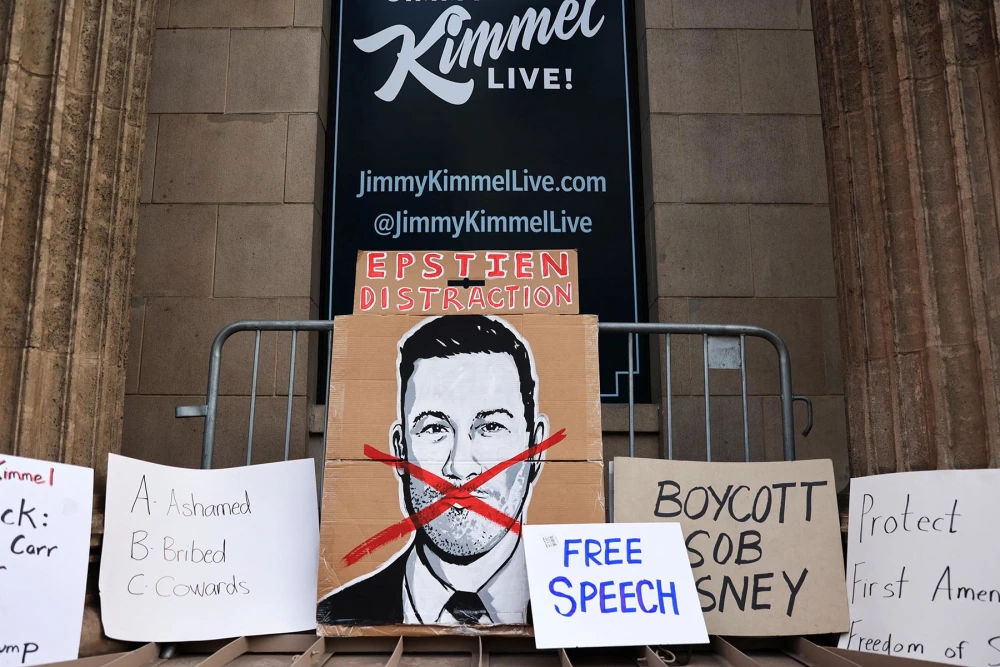Argentina’s government has recently faced pressure from the state’s unions which have formed a general strike in response to the new government’s radical libertarian policies. Argentina recently swore in their new president Javier Milei in Dec. 2023 and he has promised to make significant, radical changes to Argentina, much to the dismay of unionized workers.
Milei is a libertarian with some extreme political views that diverge significantly from the views of previous administrations. Some of Milei’s beliefs include the legalization of organ trading, banning abortions, cutting back the administrative state and reducing protections for unions.
A general strike is a mobilization of workers from multiple industries, and it is usually organized by several unions that oppose current or worsening working and living conditions.
The general strike was organized by several unions, the largest being the General Confederation of Labor (CGT). The general strike is more akin to a mass protest since the strike lasted one day with thousands of union workers marching in protest against Milei’s anti-union government.
The unions worry if they do not take a stand now that their ability to negotiate in the future could drop dramatically.
With tens of thousands of striking workers, the immediate effect of the protest was the halting of most air travel in Argentina and the blocking off of streets as protesters took to them. The disruption of the movement led to discussions of enforcing protocols meant to prevent protests and picketing as the Ministry of Security promised to use its anti-blockade protocols to control the protests.
While this is one of the largest public demonstrations in Argentina’s history, it is unlikely that the general strike will have a significant impact on the political change Milei hopes to enact since the demonstration was short-lasting.
The austerity politics of Milei and the protests against him are a result of significant economic turmoil in Argentina, which experienced a 21% inflation increase in 2023 according to the National Institute for Statistics and Censuses. Argentina’s inflation is the largest of any Latin American country and Argentina’s citizens have certainly felt the impacts of inflation.
Argentines looked to Milei as a disruptor of the status quo which some feel has led to rising inflation. Milei’s plans were extreme to most people, but with the worsening economic situation, some felt it was time to take a risk on an unproven candidate and ideology.
The immediate effects of Milei’s policy have been largely negative for most Argentines. Milei’s first major policy for combating inflation was to devalue Argentina’s currency by 54 % which has significantly impacted the average consumer spending power.
The new administration hopes this policy turnaround against welfare and in favor of privatization will entice the International Monetary Fund to give loans to Argentina as the IMF requires states to reduce their deficits. This deficit reduction usually comes from cutting social welfare spending which often harms the social and economic rights of people in developing countries.
There needs to be more time to see the long-term impacts of Milei’s policies on Argentina’s economy but what can be seen is the rapid and extreme changes that Milei’s government is trying to implement while protests go on. Milei attempted to pass an omnibus bill that was comprised of over 600 articles, some of which included restrictions on protesting rights among economic and administrative changes according to Al Jazeera.









